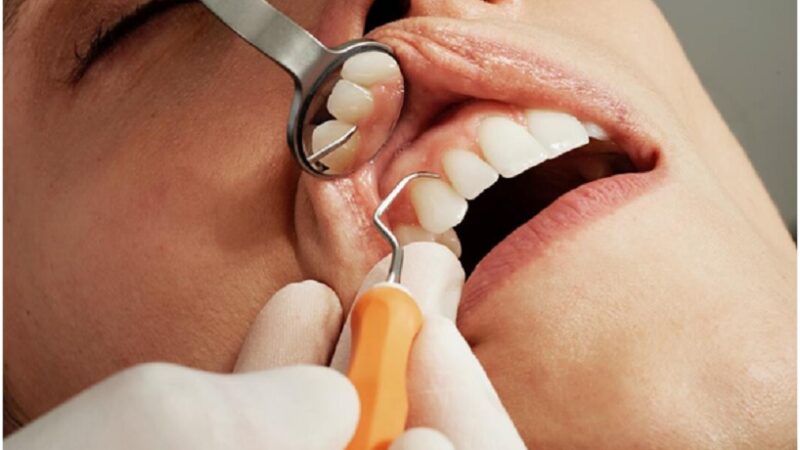Tooth loss is an uncomfortable and unfortunate condition which may occur over the course of life. There are many factors which can lead to tooth loss which include poor dental hygiene, periodontal issues, dental caries, underlying conditions such as diabetes and arthritis, genetic disorders and accidents. Tooth loss can be embarrassing and traumatic, it can be unsightly and it can lead to further dental issues by weakening the surrounding teeth. Speaking to the dentist about dental implants Windsor is an effective way of combating these issues.
What are dental implants?
Dental implants are an increasingly common choice of dental prosthetic amongst dentists and patients alike. They are used in the replacement of missing teeth to enable normal oral functioning which may be lost as a result of tooth loss, but also in improving the aesthetics of a person’s dentition. Dental implants are small screws which are designed to replace the root of the tooth. They are made of titanium and they are inserted directly into the alveolar bone of the jaw. They fuse with the bone by a process called osseointegration. This is when the bone cells, which are called osteoblasts, grow and integrate with the titanium of the implant so that the implant becomes a part of the jaw. Dental implants can be used to replace a single tooth or several teeth, according to individual requirements.

What are dental implants used for?
The function of dental implants is to replace the root of missing teeth, and provide a solid support foundation for the artificial teeth. The implant is placed directly into the hole left by the missing tooth or teeth. Once the dental implant fuses with the bone, a process which can take several months, it is ready to have a dental prosthesis, or artificial tooth or teeth, attached to it. An abutment is attached to the implant, to which the prosthetic can be directly fitted, which makes it permanent, or an adaptor can be attached to the dental implant and then the prosthetic is attached to the adaptor, making it removable or detachable according to individual preference or requirement.
Advantages of dental implants There are many advantages of dental implants. One of the evident advantages includes the improved aesthetics of the mouth. This is because as the implant fuses with the actual jaw bone, it looks and feels like a natural part of the dentition providing comfort, but also confidence at the same time. Implants eliminate the issues which occur as a result of tooth loss, such as embarrassment which can affect self-confidence and esteem. The secure attachment of the prosthetics helps regain normal functioning of the mouth, which enables the patient to eat comfortably again and speak properly again where tooth loss may have resulted in difficulty. Most importantly, they help improve general oral health, as surrounding natural teeth are not affected by the procedure rather they are further enhanced by the support provided by the implant, which is enabling the secure attachment of a prosthetic which will enhance the overall functioning of the mouth and positively impact the surrounding structures at the same time.









